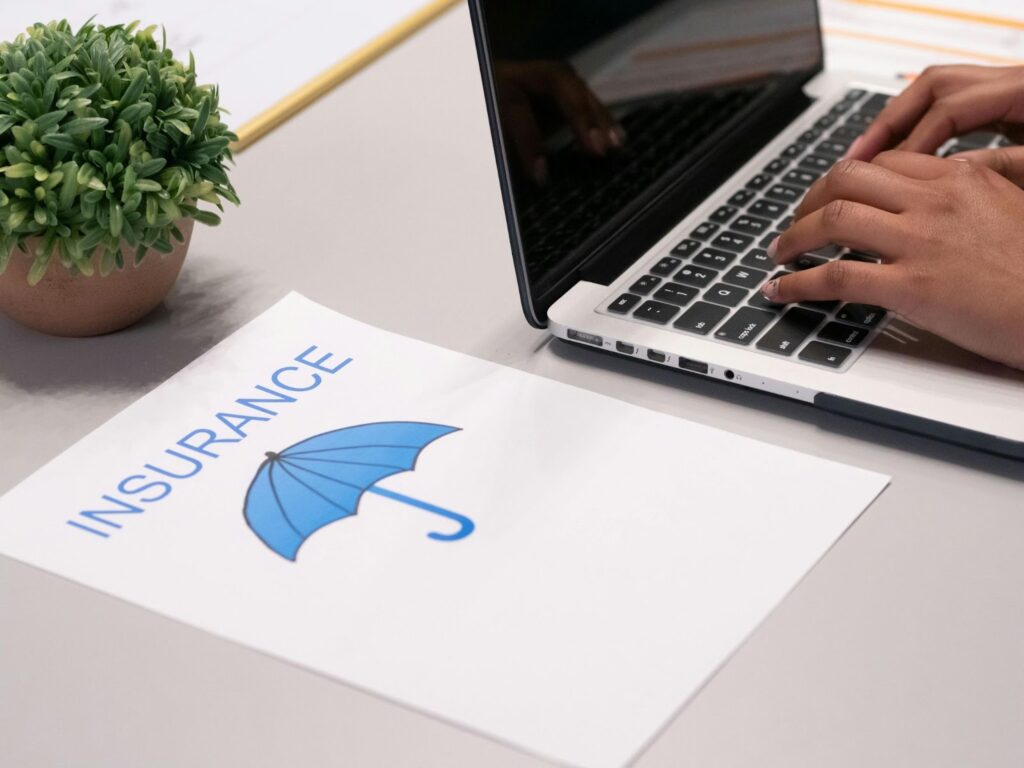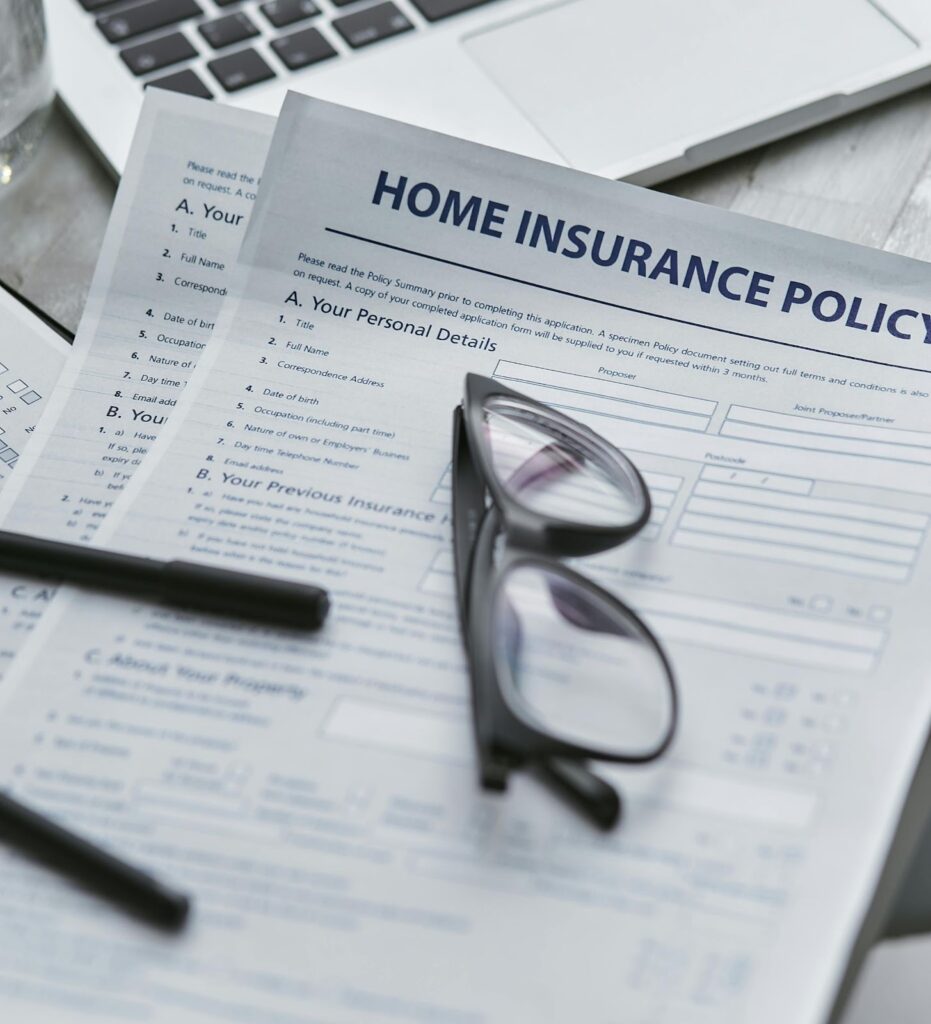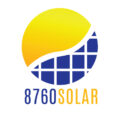
There’s a lot of paperwork, permits, and expenses required for a solar installation, so you may not be thrilled to learn that you should also get insurance.
Getting insurance is essential if you want your solar installation connected to the grid. Utility providers in Colorado mandate that you get liability coverage for your solar PV system in case anything goes wrong.
Let’s take a look at the “why” and everything else you need to know about it.
In a Nutshell
- Utilities require that you take out personal liability insurance before you can connect your solar system to the grid.
- Colorado is a “shared liability” state, which means that more than one party can be found liable for a single claim.
- Homeowners insurance will provide coverage for your solar PV system but not for liability.
- Each utility provider has its own insurance requirements, which vary.
What Insurance is Needed and What is it For?

When you get solar installed in your home or business, you must get approval from your utility provider to connect it to the grid.
The utility provider will ask for all the technical information about your system, carry out an inspection, and also ask for proof of insurance. You won’t get the green light until you’ve satisfied all their requirements.
The insurance in question here is liability coverage, which protects you if someone sustains an injury while on your property.
An example would be if someone were to trip on a step in your house and break their ankle. They may then try to sue you to get their medical expenses covered. At this point, the liability insurance would step in and cover any expenses that result from the injured party’s claim.
Liability coverage is commonly required for a multitude of scenarios. Businesses need it to protect themselves from employee injuries, and medical professionals require it in case they injure a patient. Even engaged couples are advised to take out liability coverage for their wedding!
Shared Liability
You may very well be wondering why on earth you need such coverage for a solar installation.
Utility providers require you to take out liability insurance to protect you if someone gets injured while working on or near the electricity meter.
You now may be wondering why utilities care about what happens on your property. After all, you are liable – not the utility, right?
The thing is, you don’t actually own the electricity meter. It remains the property of the utility provider, even though it has been installed on your property. Therefore, the utility can technically be found liable if an injury is sustained.
Colorado is what’s known as a “shared liability” state. This means two or more parties can be found liable in a claim.
For example, if an engineer came to inspect your electricity meter and it malfunctioned and electrocuted them, both you and the utility provider could be held liable for the resulting damages.
Therefore, utility providers need to make sure that you have the appropriate coverage in place before they can approve the solar-to-grid connection.
Doesn’t My Homeowners Insurance Already Cover Solar Panels?

Yes, your homeowners or commercial building insurance will typically provide coverage for your solar panels, but it won’t be for liability.
Essentially, solar panels – after they have been installed – are considered part of the building itself. Therefore, they are subject to the same type of coverage as the rest of the structure.
For example, your panels will likely be covered if there is a fire or extreme weather event, and may even be covered for accidental damage.
However, your homeowners insurance won’t include the liability coverage that your utility provider is after, and it won’t protect you if someone sustains an injury while working on your electricity meter.
That said, depending on which insurer your homeowners insurance is with, it may be possible to purchase liability coverage as an add-on or get an umbrella policy that includes liability.
What Insurance Do Colorado Utilities Require?

SLV REC
Net metering applicants must provide evidence that General Liability Property Insurance is in place in the amounts specified in REC’s DER Guidelines and Requirements.
- For residential systems the minimum requirement is $300,000.
- For commercial systems the minimum requirement is $1,000,000.
Xcel Energy
Xcel does not specify any coverage limits, but it does state that if you have a commercial solar PV system or a system that is 10 kW or higher, you must list Xcel Energy as additionally insured on the policy.
This is so that you and Xcel are protected if an incident were to occur and also ensures that Xcel gets notified if you change or cancel your policy.
Black Hills Energy
Black Hills Energy has very specific liability coverage requirements before it will allow you to connect your PV system to its meter:
- Systems that are up to 10 kWh in size require $300,000 personal liability coverage
- Systems over 10 kWh in size require $1 million worth of coverage
- Systems that are greater than 500 kWh require Black Hills Energy to be listed as an additionally insured
United Power
United Power mandates that you have coverage for bodily injury and property damage liability with a combined single limit of at least $300,000 per occurrence.
Contact 8760 Solar For More Advice

We get it – the paperwork can be lengthy and confusing to navigate, but rest assured that when you choose 8760 Solar as your solar developer, we will guide you through it all from start to finish.
We’ll make sure you have the right permits and insurance coverage, and even help you take advantage of the available tax credits and incentives.
If you’re a farmer or agricultural business owner interested in going solar, don’t hesitate to get in touch. We have years of experience providing high-quality solar systems to this industry, so we welcome your questions.
Text “READY” to 719 470-0254 or contact us via email at sales@8760solar.com, and let’s talk!
Frequently Asked Questions
Do Solar Panels Need to Be Insured?
Homeowners insurance typically covers solar panels, so it’s not usually necessary to take out additional insurance specifically for your solar PV system. However, in some states, utility providers also require you to take out liability coverage before connecting the solar system to the grid.
Why Do You Need Liability Insurance for Solar Panels?
Liability insurance for solar panels is mandated in some states and is required by utility providers. The coverage protects you if someone sustains an injury or property damage while working on the electricity meter.
Do Solar Panels Void Homeowners Insurance?
Solar panels don’t void homeowners insurance. Once the panels have been attached to the roof, they are considered part of the building structure. Therefore, they are subject to the same levels of coverage, limits, and exclusions as the rest of the property.
Can Liability Insurance Only Be Purchased for Solar?
You can purchase a standalone liability coverage policy for your solar PV system and electricity meter. It may also be possible to purchase the liability coverage as an add-on to your existing homeowner’s insurance. To understand if this is the case, you need to contact your insurer.
